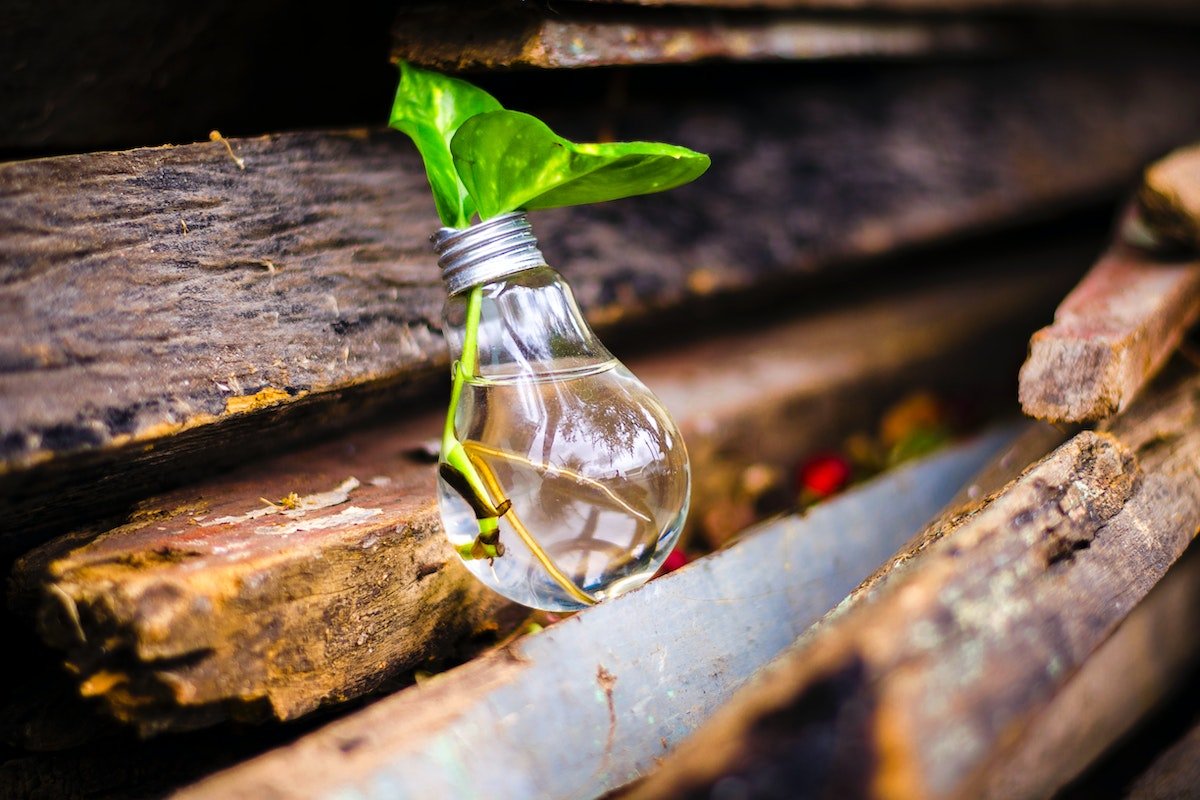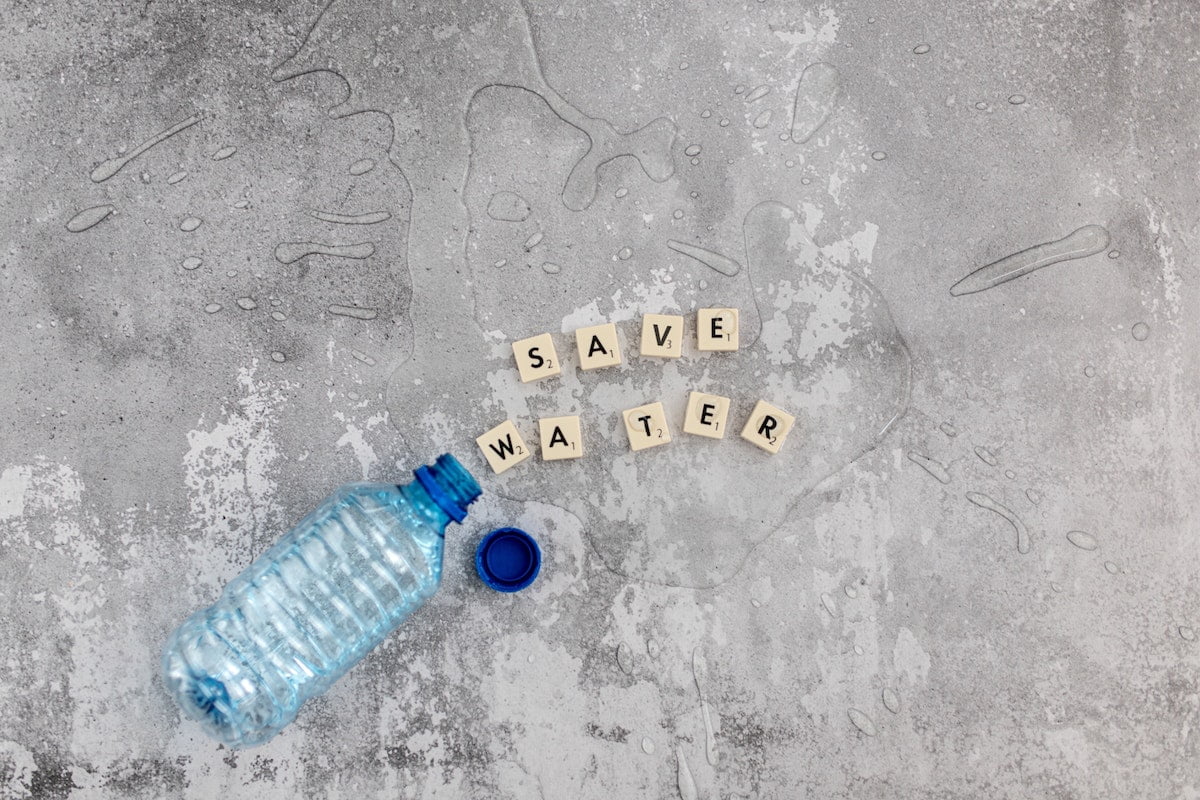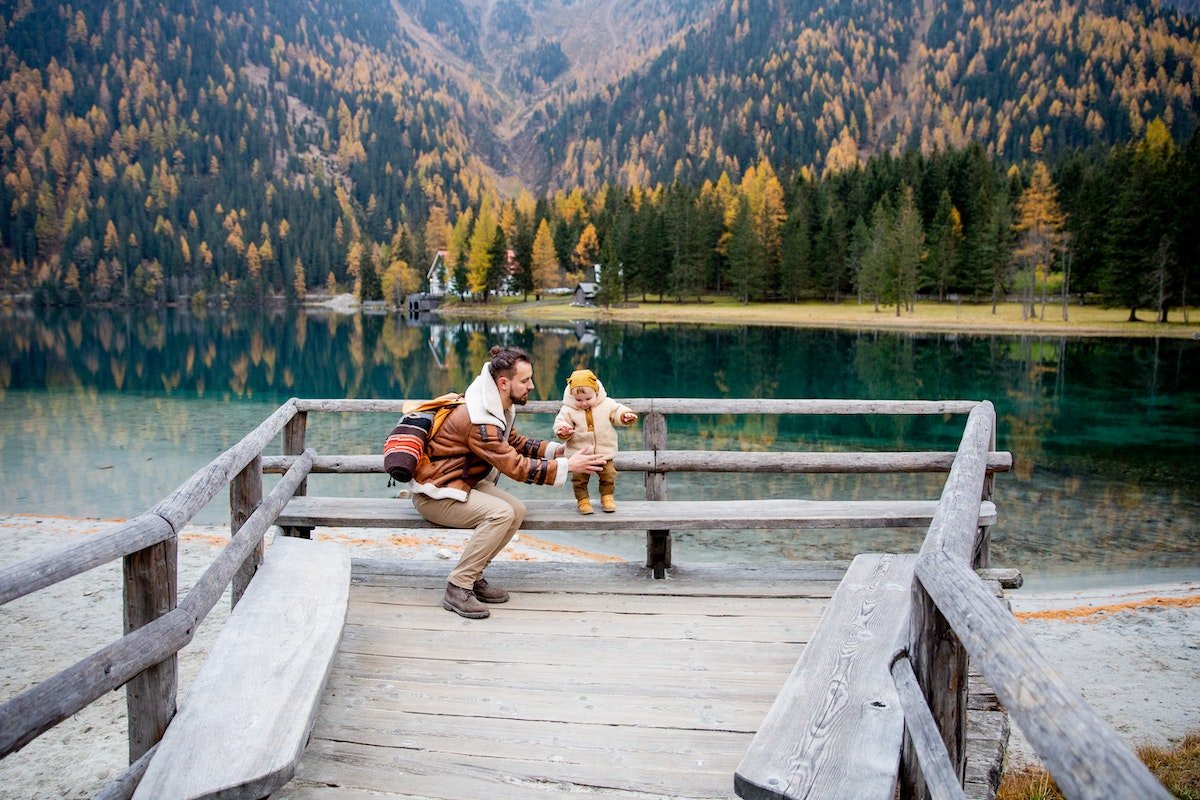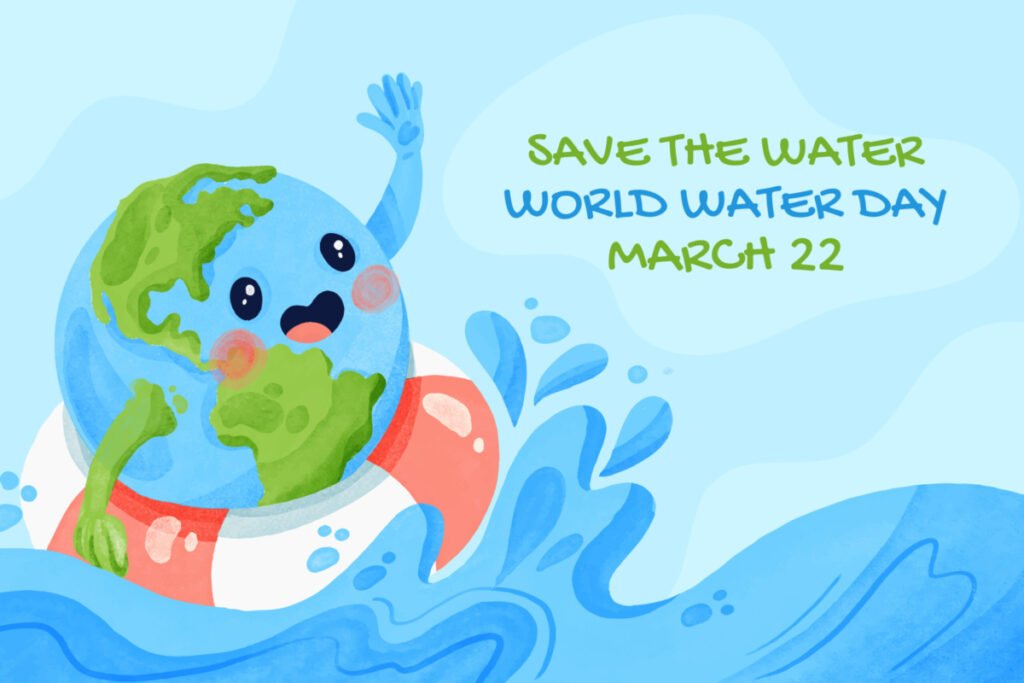World Water Day is a special day to celebrate the importance of water and to learn about how we can protect and conserve our planet’s water resources.
More specifically, The goal of this World Water Day 2023 is to accelerate change in order to address the water and sanitation challenge.
“Accelerate change” means to make things happen faster and better than they normally would. Usually, people go about their daily lives doing the same things over and over again, but if we want to make a big difference and solve important problems, we need to go beyond “business as usual”.
What does this mean? It means that we can’t keep doing things the same way we always have. We need to find new and better ways to use energy, reduce waste, and take care of our natural resources.
It could also imply trying out new technologies, making different choices about how we use things, or working together to come up with solutions.
When we accelerate change, we are working to make a bigger impact and create a better future for ourselves and the world around us. So, it’s important to keep learning, growing, and trying new things to make a positive difference in the world.
Top 10 Ideas For World Water Day 2023

By redefining the way you use, consume, and manage water in your daily activities, you and your family, school, and community can make a difference.
How can you make this day fun, interesting, and engaging for your family?
Here are some more ideas to add to the list:
Learn about the water crisis
The first step to accelerating change is to understand the problem. Be curious.
Take some time to for you and your family learn about the water crisis around the world and how it affects people’s lives. This will help your children understand the urgency of the situation and motivate them to take action
Ideas;
- Watch water documentaries: There are many great documentaries about water that are informative and entertaining. Watch documentaries like “Blue Planet” or “Watermark” with your children to teach them about the importance of water conservation and how we can protect our planet’s water resources.
- Read books about water: There are many great books about water that are perfect for children. Read books like “The Water Princess” or “One Well: The Story of Water on Earth” to teach your children about the importance of water and how we can conserve it.
- Have a movie night: Watch movies like “Finding Nemo” or “Moana” with your family to learn about the importance of water and how we can protect our oceans and water sources. After the movie, have a discussion with your children about what they learned and how they can make a difference.
- Reach out- talk to people who have experienced water scarcity firsthand.
2. Water-saving challenge
Challenge your family members to a water-saving competition. See who can take the shortest shower or use the least amount of water when brushing their teeth. The winner gets a prize! This is a fun way to teach children about the importance of water conservation and get them excited about saving water.
Furthermore, you can create a water-saving plan. Sit down with your family and create a water-saving plan for your home. This could include things like;
- Fixing leaky faucets,
- using a low-flow showerhead, or
- watering plants with a rain barrel.
Encourage your children to take an active role in the plan and to be mindful of their water use.

3. Minimize Water Pollution
By taking action to minimize water pollution at home, we can help ensure clean water and sanitation for all. Here are some ways to minimize water pollution at home:
- Properly dispose of hazardous materials: Hazardous materials such as pesticides, paint, and motor oil should never be disposed of down the drain or in the garbage. These materials can contaminate water sources and harm aquatic life. Instead, dispose of these materials at a hazardous waste facility or through a local collection event.
- Use natural cleaning products: Many household cleaning products contain chemicals that can be harmful to water sources. Consider switching to natural cleaning products that are biodegradable and non-toxic.
- Fix leaks: Leaking pipes and faucets can waste a lot of water and can also lead to water pollution. Leaks can cause water to seep into areas where it shouldn’t, such as crawlspaces or basements, and can carry contaminants with it. Fixing leaks can help reduce water waste and prevent water pollution.
- Dispose of pet waste properly: Pet waste can contain harmful bacteria and parasites that can contaminate water sources. Always pick up after your pets and dispose of their waste in the garbage or in a designated pet waste disposal area.
- Don’t flush non-degradable items: Flushing non-degradable items such as wipes, cotton swabs, and feminine hygiene products can clog pipes and cause sewage backups. These items can also end up in water sources and contribute to water pollution. Instead, dispose of these items in the garbage.
- Use water wisely: Conserving water can help reduce water pollution by reducing the amount of water that needs to be treated and processed. Use water wisely by taking shorter showers, turning off the faucet while brushing your teeth, and fixing leaky faucets.
- Properly maintain septic systems: If your home has a septic system, make sure it is properly maintained and serviced regularly. A malfunctioning septic system can lead to sewage backups and can contaminate water sources.
Ideas;
- Conduct a water taste test: Set up a blind taste test to see if your family can tell the difference between tap water and bottled water. This is a fun way to learn about the quality of different water sources and to raise awareness about the environmental impact of plastic water bottles.
- Take part in cleanups such as:
- Cleaning local rivers and lakes
- Beach clean-up: to pick up litter and plastic debris. This is a great way to teach children about the importance of keeping our oceans and beaches clean and to encourage them to take action in their own community.
4. Create a water-themed art project
Encourage children to express their creativity by making water-themed art. They could paint a picture of a river or a lake, make a collage of different water sources, or even create a sculpture out of recycled materials. This is a great way to get children excited about water and to reinforce the importance of conservation.
5. Play water-themed games
Play games like water balloon toss or sponge relay races to get your children moving and having fun while learning about water conservation. You could also create a water-themed scavenger hunt, where children have to find different water-related items around the house or in nature.
6. Go on a water hike

Take your family on a hike near a river or lake. Teach your children about the importance of clean water and the different species that rely on it. This is a great way to connect with nature and appreciate the beauty of our planet’s water resources.
7. Build a water filtration system
Build a water filtration system with your children using simple household materials. This activity is a fun way to teach children about the importance of clean water and how we can filter water to make it safe to drink.
8. Plant a water-wise garden
Teach your children about water-wise gardening by planting a garden that uses less water. This is a great way to teach children about the importance of conserving water and how they can make a difference in their own backyard.
9. Have a water-themed meal
Make a water-themed meal with your children to celebrate World Water Day. Serve foods like fish, seaweed, or watermelon to connect with the theme of the day. This is a fun way to celebrate and educate children about the importance of water.
10. Make water-inspired snacks
Get creative in the kitchen by making water-inspired snacks like blue Jell-O cups with gummy fish, watermelon slushies, or fruit kebabs with blueberries and melon balls. This is a fun way to incorporate the theme of water into your family’s diet and to teach children about the importance of hydration.
Final Words
World Water Day is not only an important day but also a great opportunity to engage, celebrate and educate children about the importance of water conservation and how they can make a difference in their own lives.
The World Water Organization requests that everyone take action and that your commitments will be included in the Water Action Agenda, which will be unveiled at the UN Water Conference in 2023, the first conference of its kind in almost 50 years.
By incorporating fun and engaging activities into celebrating World Water Day, we can create lasting memories and encourage children to become water advocates in their own lives. This way, we can make a positive impact on our planet’s water resources and create a better future for generations to come.
Let’s make World Water Day a fun and meaningful experience for the whole family!











